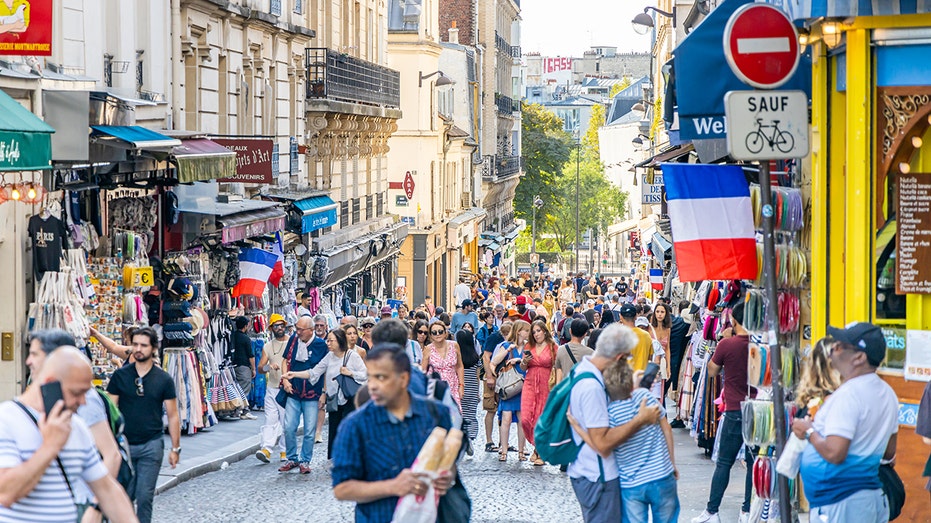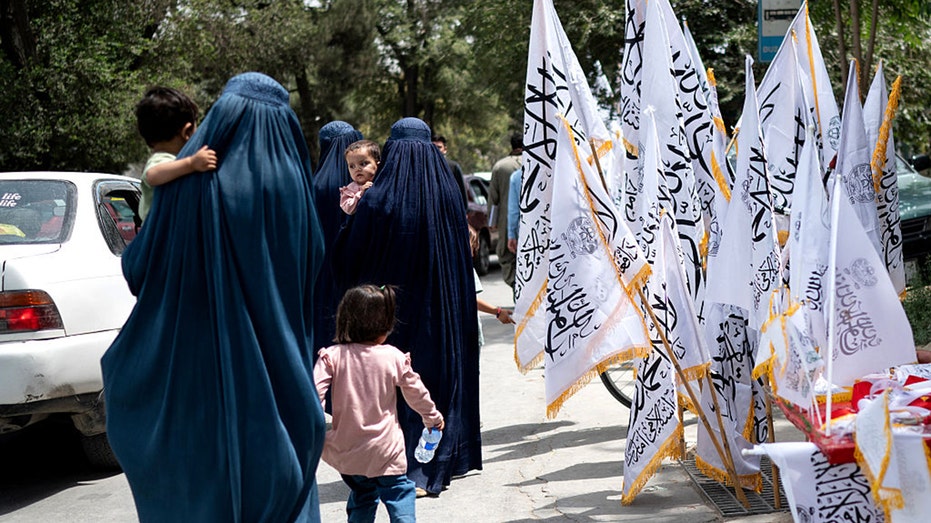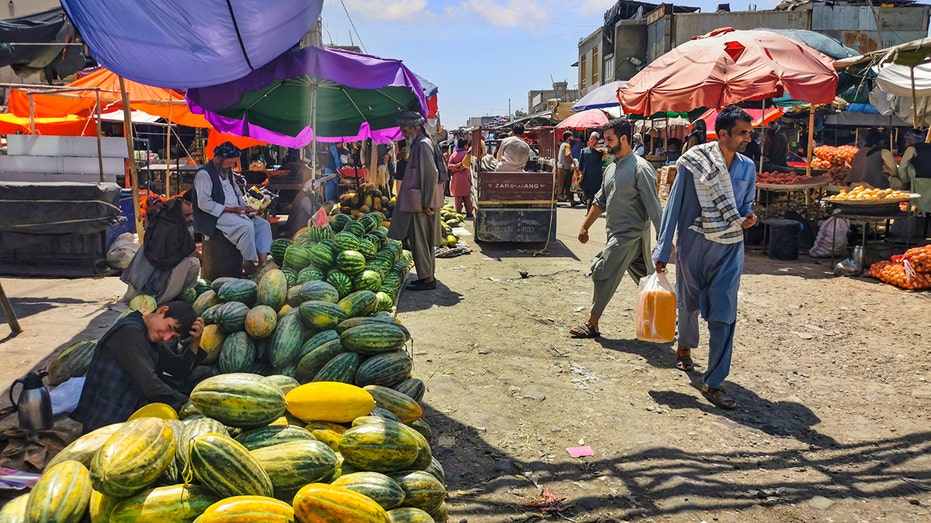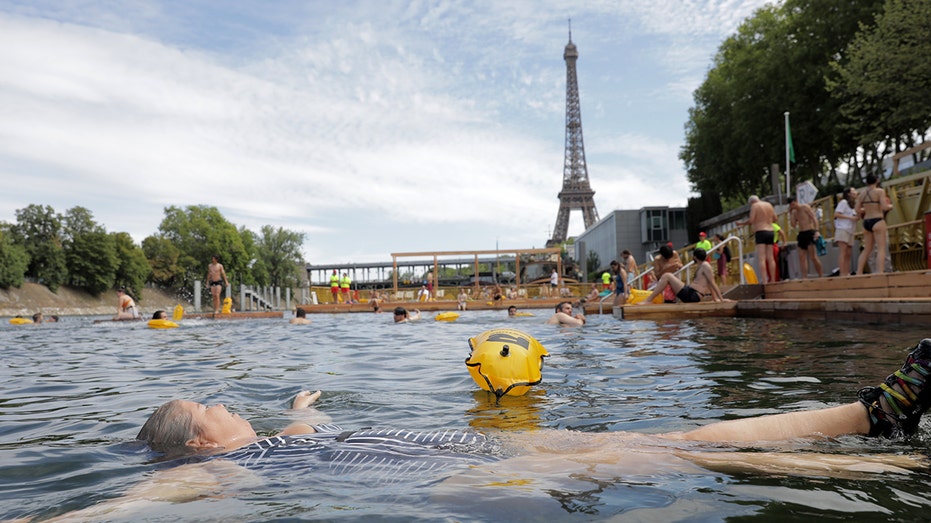Beyond the Headlines: Unmasking the 'Crush-and-Grab' Pickpocket Schemes in Paris

Sarah Johnson
August 9, 2025
Brief
A deep analysis of the 'crush-and-grab' pickpocket schemes in Paris, exploring historical context, socioeconomic factors, and long-term implications for tourism and security.
Opening Analysis
The recent surge in reports of 'crush-and-grab' pickpocket schemes targeting tourists in Paris isn't just a matter of petty theft; it's a symptom of deeper socioeconomic issues and a reflection of the vulnerabilities inherent in mass tourism. While the U.S. Embassy's warnings are practical, understanding the historical context and the motivations behind these crimes provides a more comprehensive understanding of the risks faced by travelers.
The Bigger Picture
Pickpocketing in Paris is far from a new phenomenon. It has roots stretching back centuries, often tied to periods of economic hardship and social inequality. Historically, Paris has been a magnet for migrants seeking opportunity, and when legitimate avenues are limited, some resort to illicit activities. The 'crush-and-grab' tactic, while seemingly modern, echoes older methods of opportunistic theft, adapted to the crowded conditions of contemporary tourism. The rise of mass tourism itself has exacerbated the problem, creating a visible wealth disparity and a constant influx of potential targets.
What This Really Means
The prevalence of pickpocketing in tourist hotspots like Paris signifies more than just a personal security risk. It underscores a potential breakdown in social cohesion and a failure to integrate marginalized communities. The fact that these schemes are so brazen suggests a level of impunity, potentially stemming from inadequate policing or a lack of effective deterrents. Moreover, it impacts the city's reputation and the overall tourist experience, potentially deterring future visitors and harming the local economy in the long run. The 'crush-and-grab' is also symptomatic of how thieves adjust to increased security--crowded conditions make it easier to get away with these crimes.
Expert Perspectives
According to Dr. Emily Carter, a sociologist specializing in urban crime, "Pickpocketing often thrives in environments where there's a significant gap between the perceived affluence of tourists and the economic realities of local populations. It's a crime of opportunity fueled by desperation and a sense of injustice."
Robert Galen, a security consultant with experience advising on tourist safety notes, "The success of these schemes depends on tourists' inattentiveness and a lack of awareness. Prevention is key, but so is a more robust law enforcement presence in targeted areas."
Jean-Philippe Dubois, a former Paris police officer added, "One needs to understand that some of these individuals have honed their craft for years and can blend in with crowds. More officers wouldn't hurt, but so would a public awareness campaign."
Data & Evidence
While the U.S. Embassy reports 2,000 Americans losing passports annually, this number is likely underreported, as many thefts go unreported to avoid bureaucratic hassle. Studies indicate that cities with high tourist density often experience a corresponding increase in petty crime. For example, Barcelona, another major tourist destination, has faced similar challenges with pickpocketing. Data from the Paris police department showed a 15% increase in reported pickpocketing incidents during the peak tourist season last year, highlighting the growing problem. Additionally, statistics reveal a correlation between economic downturns and spikes in petty crime rates.
Looking Ahead
Combating this issue effectively requires a multi-pronged approach. Increased police presence in tourist areas is a short-term solution, but long-term strategies must address the underlying socioeconomic factors that contribute to crime. This could involve job creation programs, improved social services, and community-based initiatives aimed at fostering a sense of belonging and opportunity. Furthermore, enhanced tourist education programs, utilizing technology like targeted mobile alerts, could raise awareness and promote preventative measures. The 2024 Olympics in Paris served as a potential test for these strategies, but vigilance remains crucial.
The Bottom Line
The 'crush-and-grab' pickpocket schemes in Paris highlight the complex interplay between tourism, economic disparity, and social issues. While tourists must remain vigilant and take precautions, addressing the root causes of these crimes requires a comprehensive strategy that tackles inequality, enhances law enforcement, and promotes greater social cohesion. The safety and security of tourists in these popular areas depends on the commitment of local authorities to finding ways to make the local community feel more secure.
Topics
Editor's Comments
While the immediate focus is on tourist safety, it's crucial to recognize that these pickpocketing schemes are a symptom of larger societal problems. By focusing solely on law enforcement, we risk ignoring the underlying causes that drive individuals to engage in these crimes. A more holistic approach that addresses economic inequality and promotes social integration is essential for long-term solutions. How might we invest in these communities where the opportunities are limited?
Like this article? Share it with your friends!
If you find this article interesting, feel free to share it with your friends!
Thank you for your support! Sharing is the greatest encouragement for us.






